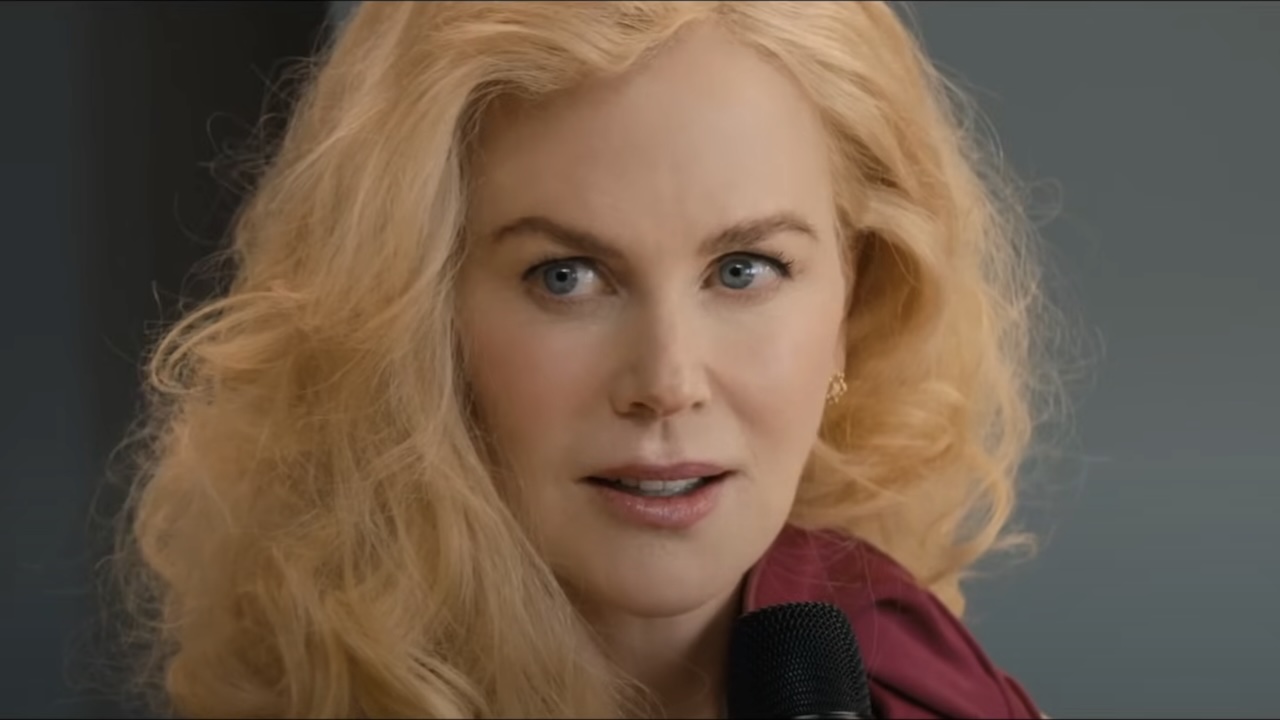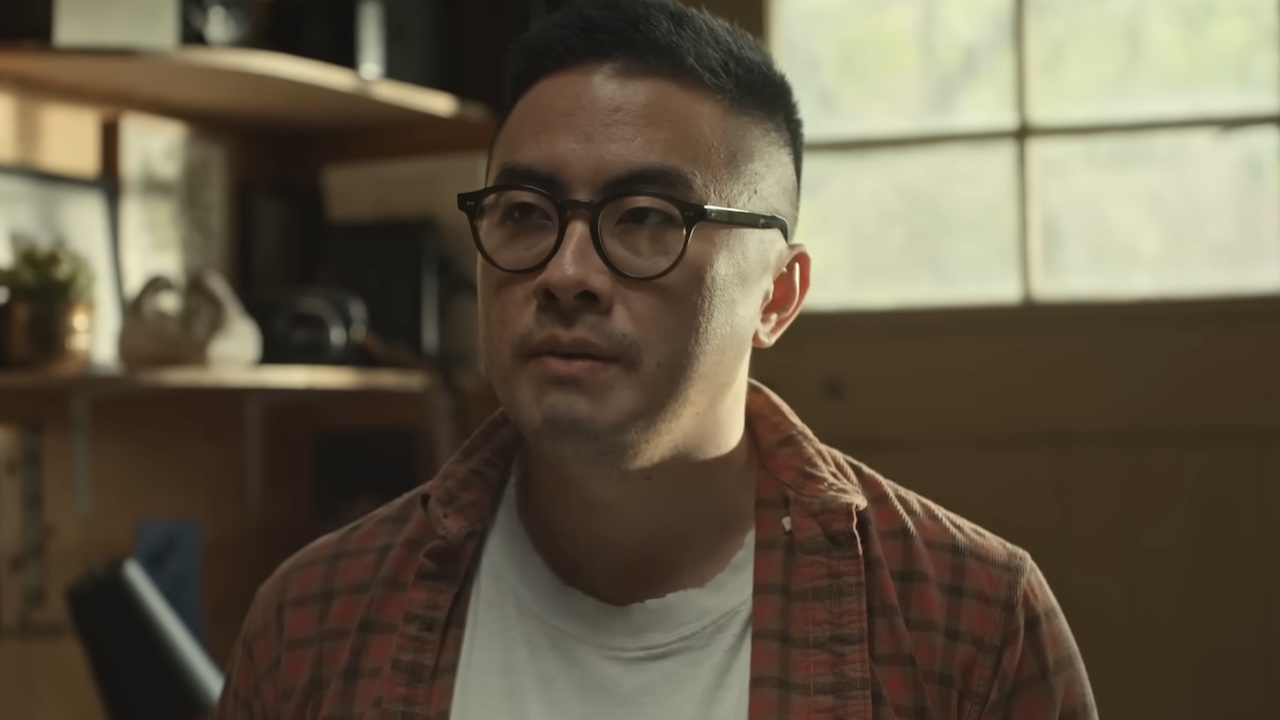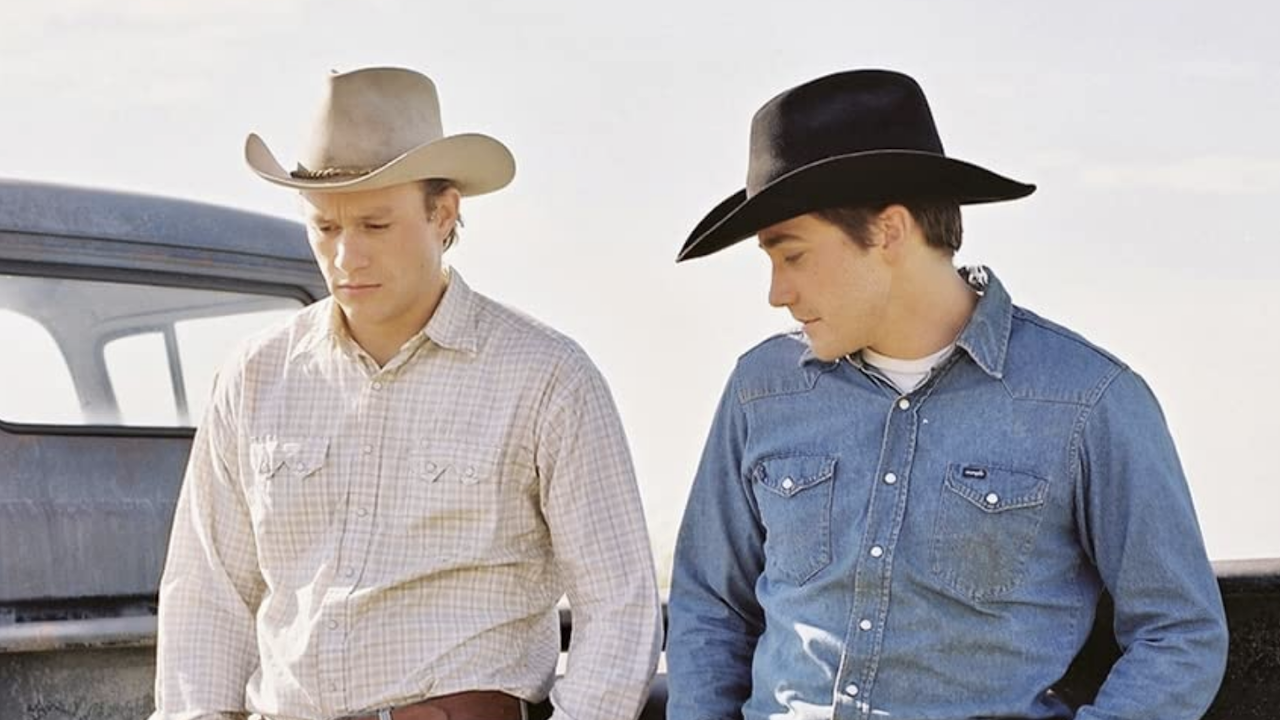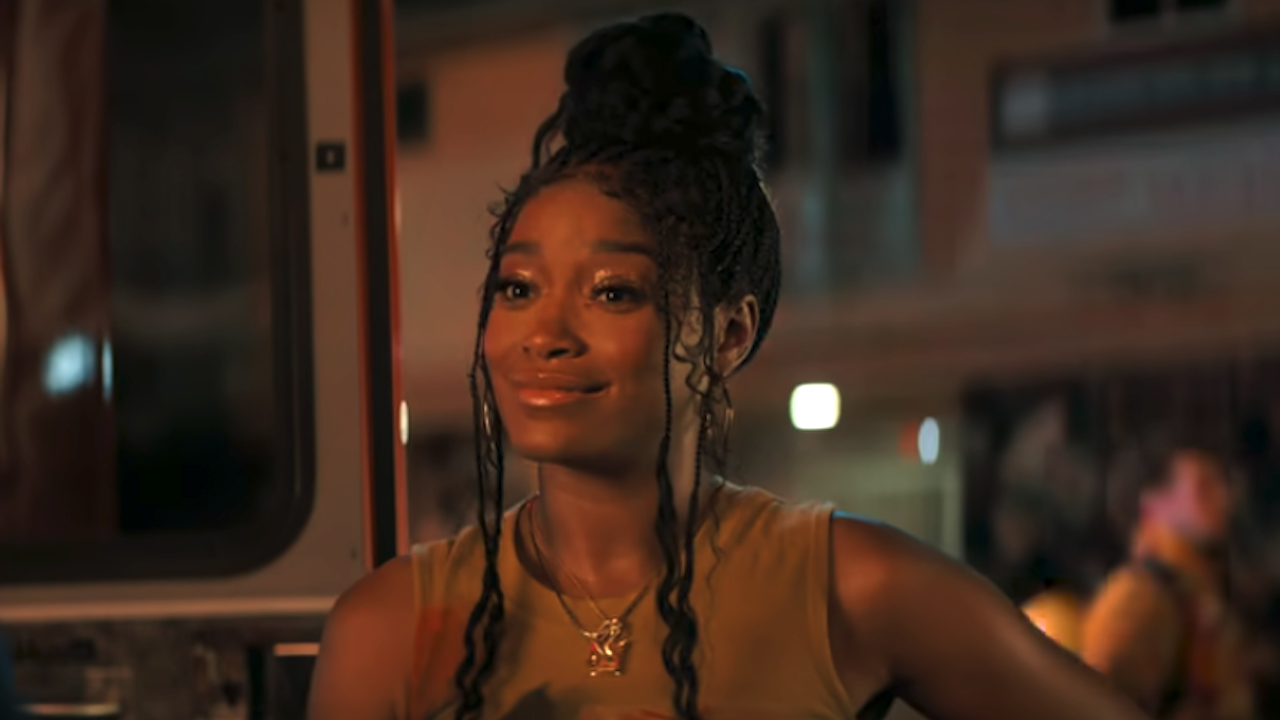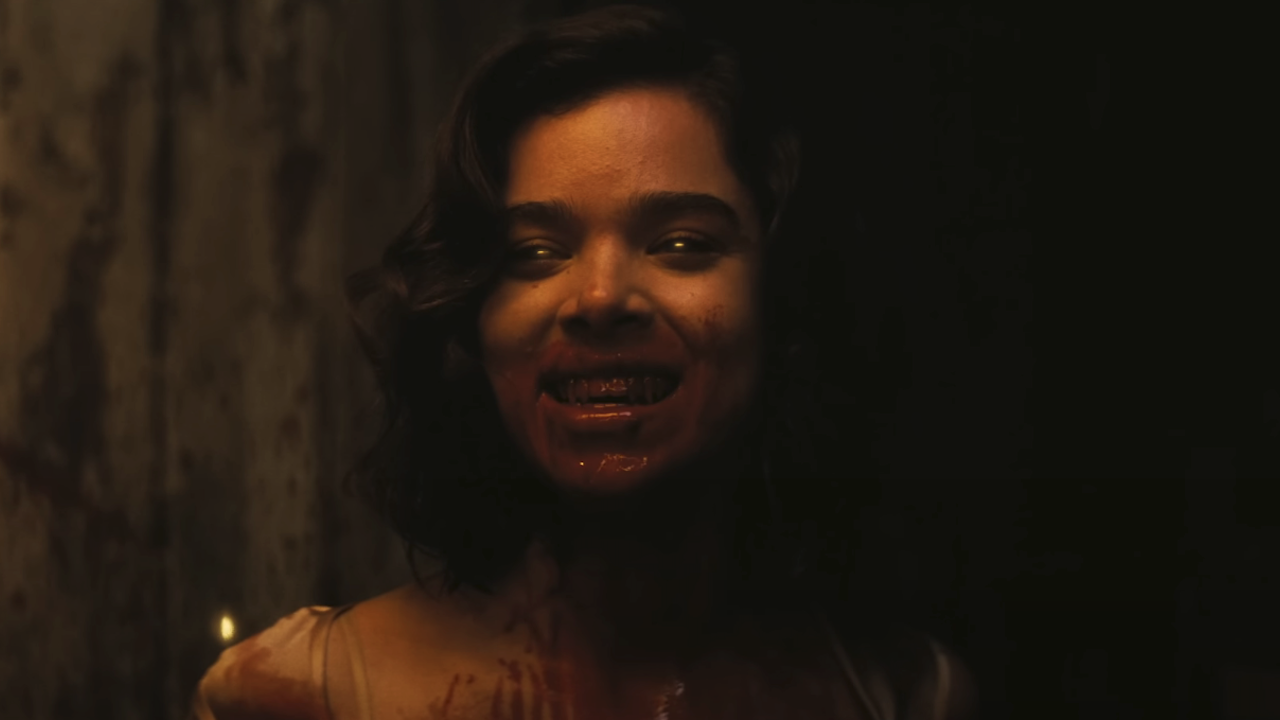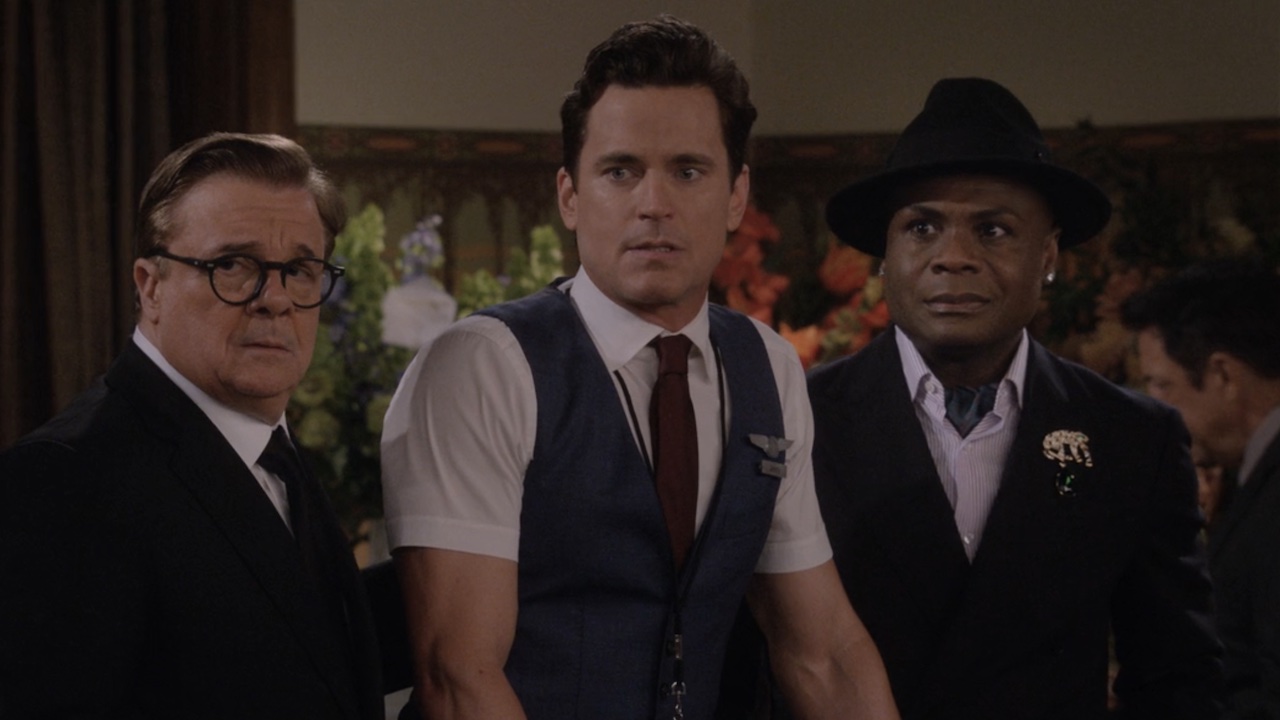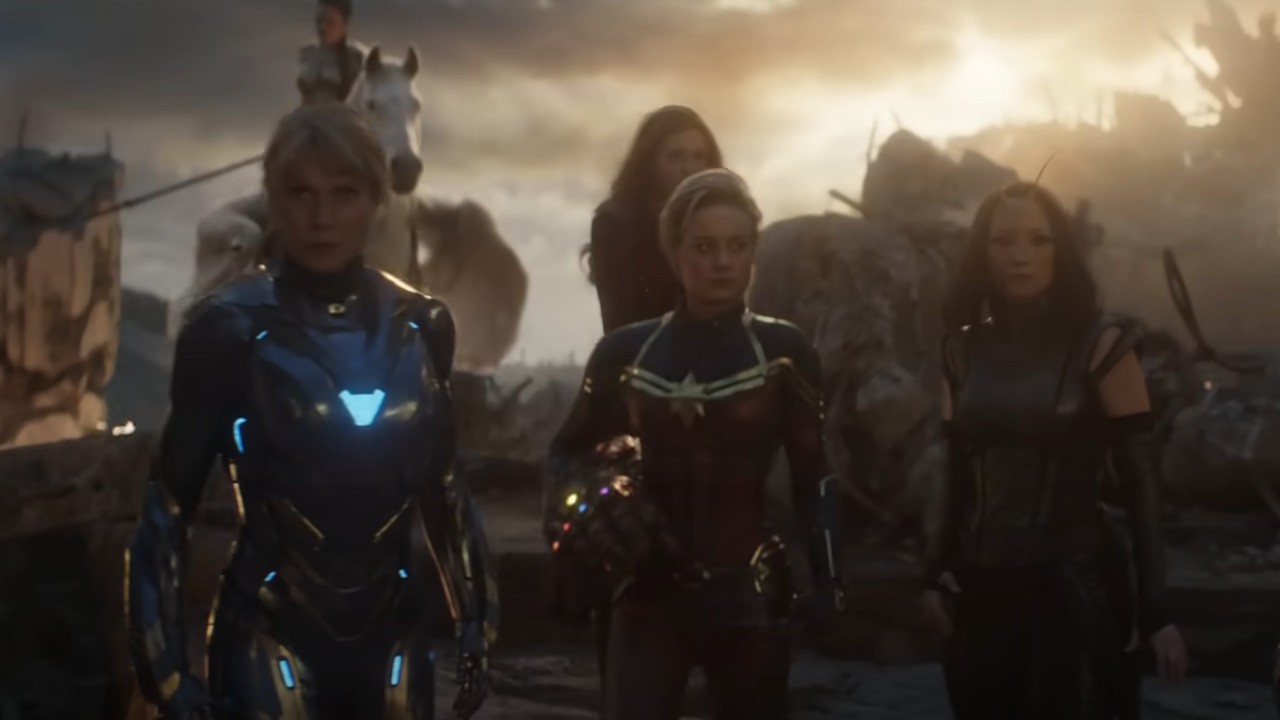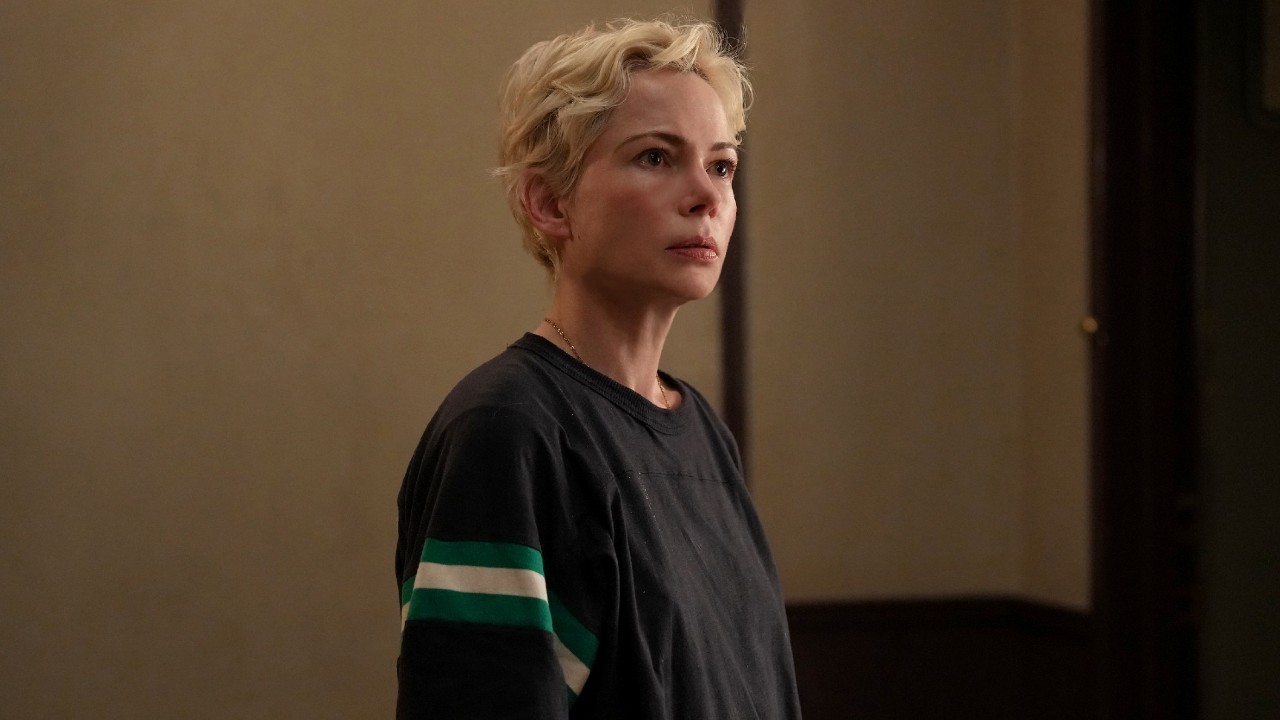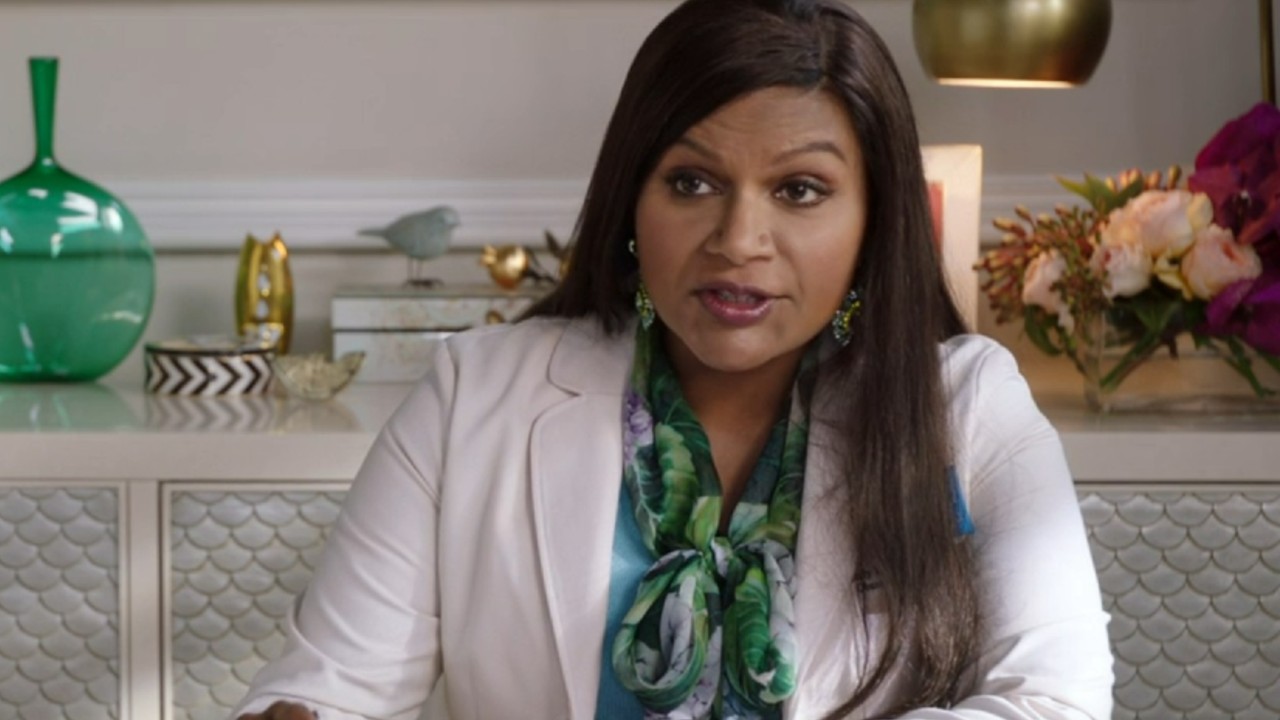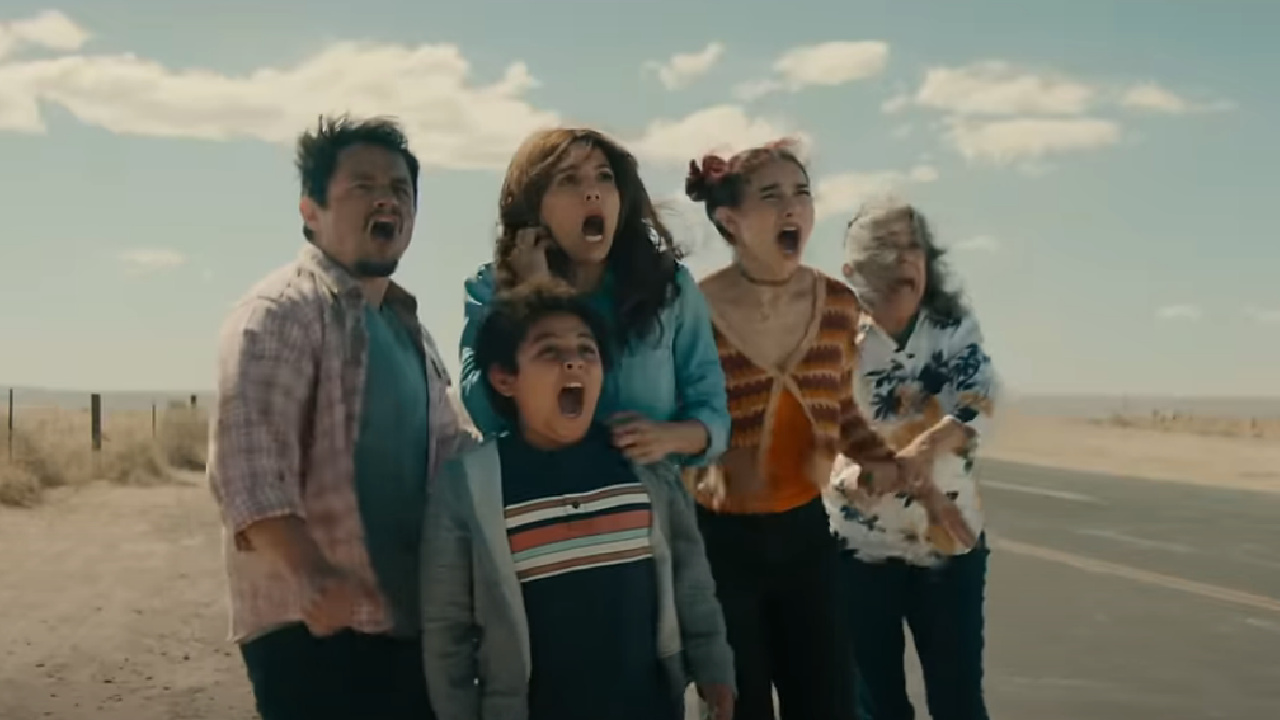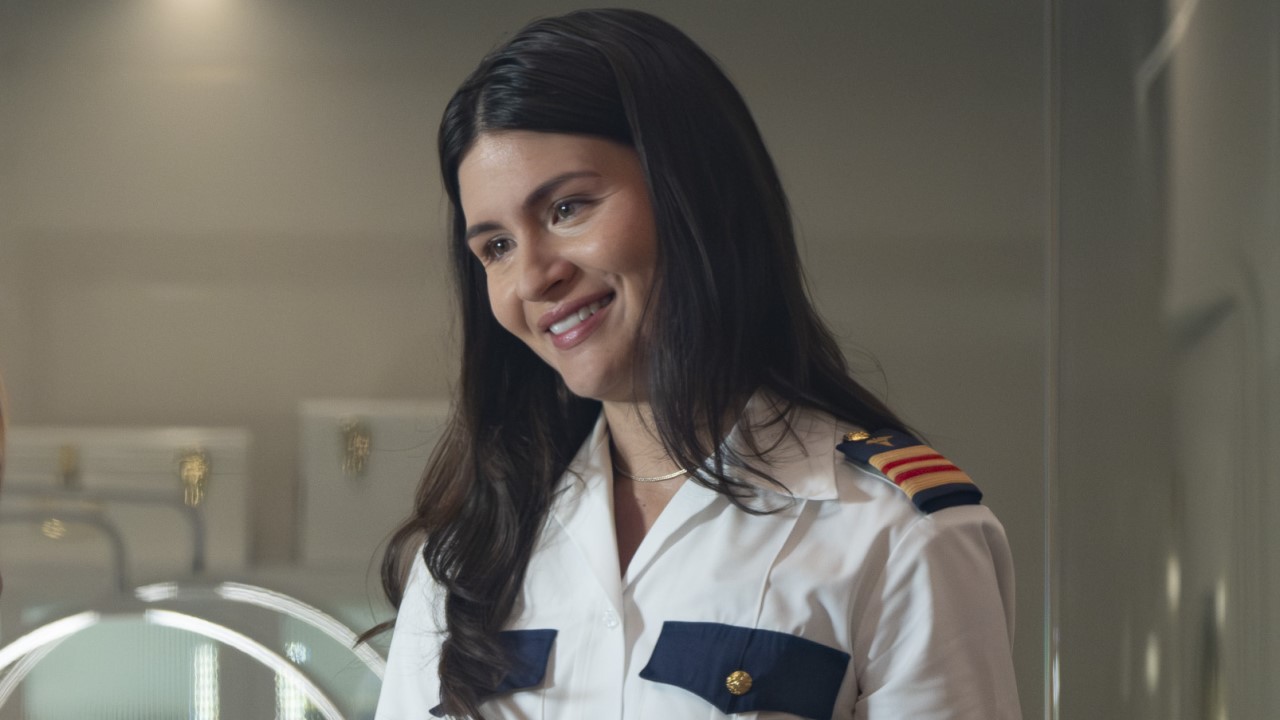Natalie Portman Pushed Back On The 'Female Gaze' And She Actually Has A Good Point
She finds it "reductive".
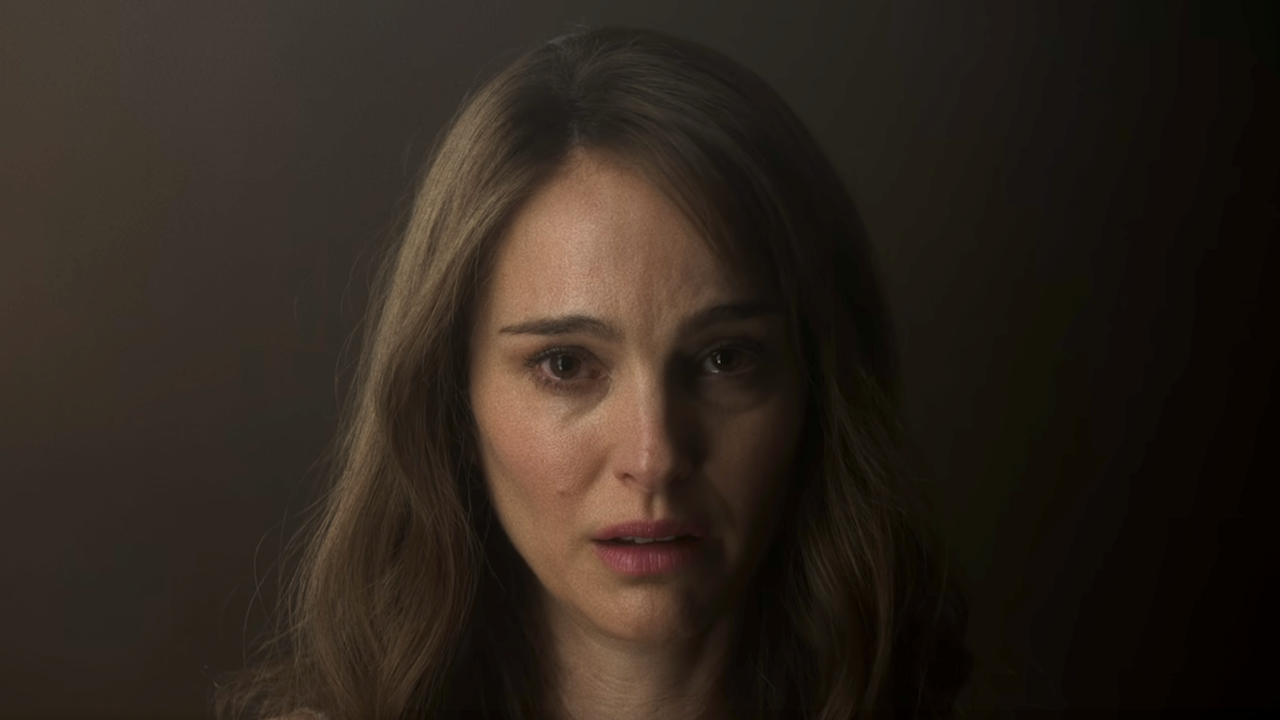
From her controversial first role in The Professional at 13 to becoming a bonafide superhero in the Marvel universe, Natalie Portman has established herself as a key voice in the Hollywood industry across her 30-year career thus far. I always admire the actress for using her platform to speak up as well, whether that be about animal rights, the environment, being a pivotal name in the Time’s Up initiative or supporting women’s soccer by investing in her own team. Along these lines, Portman’s latest comments about the female gaze are sure to turn some heads, but I appreciate her opening up this conversation about how gender is spoken about in film.
As Portman gears up for her latest movie May December to come out later this year, which is among 2023's Netflix movie release dates, she got candid on her thoughts about the idea of the female gaze. Let’s break it down.
What Is The Female Gaze?
Before I define the female gaze, we have to contextualize something else first: the male gaze. The male gaze is a theory where women are depicted by male artists (like writers and directors) in a way that perceives them as sexual objects that exist for the pleasure of a heterosexual male viewer. In recent years, more and more movies (including from male directors) are shifting away from making female characters simply objects.
The female gaze is the idea that female artists have their own specific perception in a piece of art that doesn’t objectify them as mere sexual objects. This definition is more complicated, because it’s not simply the male gaze in reverse, nor is there a specific element it's defined by like the male gaze, since it's more about what it's without. That being said, the theory has been used a lot more lately in vernacular when things like movies are being discussed.
What Are Natalie Portman’s Comments On The Female Gaze?
Enter Natalie’s Portman’s interview with Vanity Fair France (via Variety’s translation from French to English). The actress shared her thoughts on the female gaze, and she actually rejected the idea, saying this:
To say that a female director has a particular gaze is reductive of women’s individuality and points of view… Female directors should have the same opportunities as their male counterparts. But the experience of working with a director has to do with the individual and it doesn’t relate to gender.
Portman also went on to say she doesn’t have a preference for male or female directors when choosing projects, either. It makes sense given the actress has had multiple opportunities to play complicated women in movies by male directors, including Darren Aronofsky’s Black Swan, which she won her Oscar for and Pablo Larrain’s Jackie, which earned her a third Academy Award nomination in 2016.
Why I Appreciate Natalie Portman Making This Point
I think it’s very easy to approach complicated concepts like the male gaze with a binary perspective to match it like “the female gaze,” but as Natalie Portman challenged in her recent interview, it’s just not that simple. Just like I don’t think the male gaze is inherent in every single movie directed by a man, the female gaze does feel like a more reactionary concept than anything else.
I appreciate Portman’s comments, because I think it’s important to continue to talk about the ways in which gender plays a role in how people are depicted in movies and television. Placing genders in a box as either inherently sexist for male-directed projects or inherently forward and progressive for women-directed projects is rather dismissive of the individual judgment of a given director.
Of course, there are going to be different ways in which men vs. women approach directing movies, and it's worth discussing both concepts. In other words, the idea of the female gaze is ... complicated, but that's kind of the whole point. I love how Natalie Portman has always worked with a breadth of filmmakers across her career, and how she is open to all kinds of roles, whether that be returning to Star Wars or starring in Todd Haynes’ romantic drama, May December, which hits Netflix December 1.
CINEMABLEND NEWSLETTER
Your Daily Blend of Entertainment News
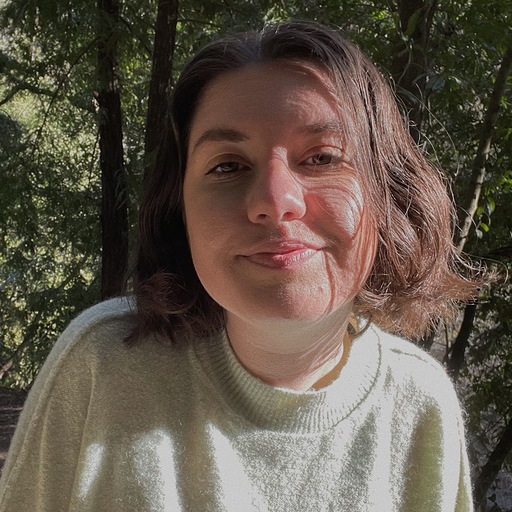
Sarah El-Mahmoud has been with CinemaBlend since 2018 after graduating from Cal State Fullerton with a degree in Journalism. In college, she was the Managing Editor of the award-winning college paper, The Daily Titan, where she specialized in writing/editing long-form features, profiles and arts & entertainment coverage, including her first run-in with movie reporting, with a phone interview with Guillermo del Toro for Best Picture winner, The Shape of Water. Now she's into covering YA television and movies, and plenty of horror. Word webslinger. All her writing should be read in Sarah Connor’s Terminator 2 voice over.
